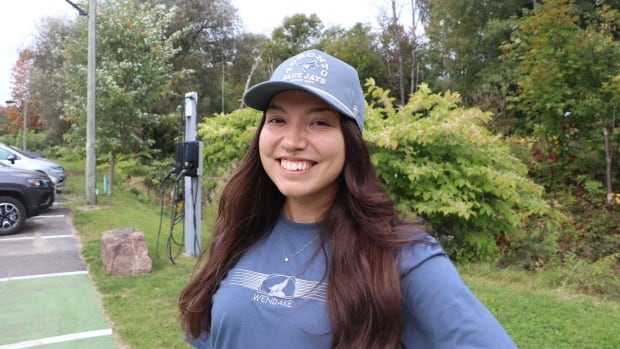
Walking across a row of green charging stations on the outskirts of Quebec City, Desiree Maurice says she dreams of one day seeing them in her community of Lac La Ronge Indian Band, located about 600 kilometres north of Regina.
Before she spearheaded green energy projects, she had assumed she would have to work in the nearby uranium mines, like so many of her peers in the one-road community.
This year, she was chosen as one of 18 adults from across Canada, taking part in the Catalyst program run by non-profit Indigenous Clean Energy to help accelerate and support First Nations, Inuit and Métis participation in clean energy projects from coast to coast to coast.
“I had no idea that this was possible for me,” said Maurice, who works with Pithesowiskotew Community Energy and is energy co-ordinator in Lac La Ronge.
“I’ve always been really into the clean energy industry and I never really understood how I could get involved.… It honestly changed my whole life and career.”
Maurice says it’s about creating “sovereignty with energy,” and letting each community choose an approach that best fits with their lifestyles, needs and concerns.
“For example, one community is very set on doing solar and another community said, ‘I don’t want anything to do with solar, it’s an eyesore,'” said Maurice.
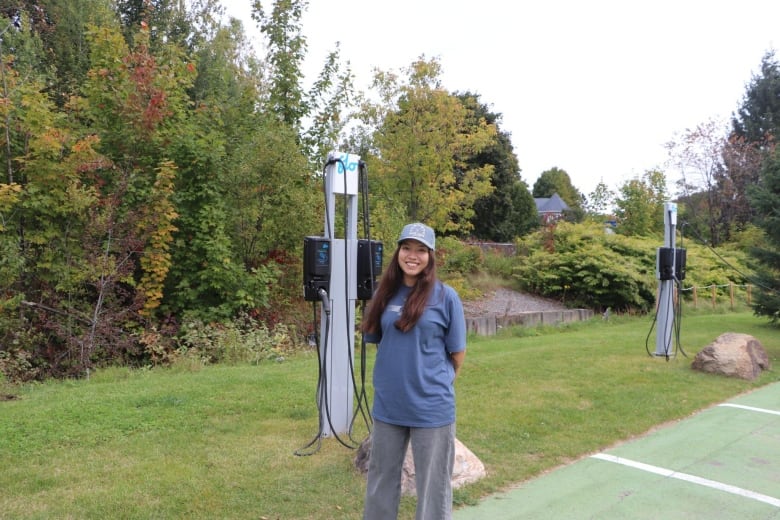
Her goal is to create options in her community, particularly given its isolation and how residents are often dependent on gas-powered vehicles. And she says getting involved is a way to feel good when there is so much “doom and gloom” surrounding climate change.
“You don’t just have to be a gas jockey, you don’t have to work in the oil field,” she said.
Participating in three week-long conferences in Quebec City, Toronto and Tofino, B.C., leaders like Maurice are referred to as “catalysts,” says Cedric Pepelea, a mentor working with Indigenous Clean Energy.
He says the September session held at the Hôtel-Musée Premières Nations in Wendake — located just outside of Quebec City — focused on feasibility studies and creating the best possible project in participants’ respective communities.
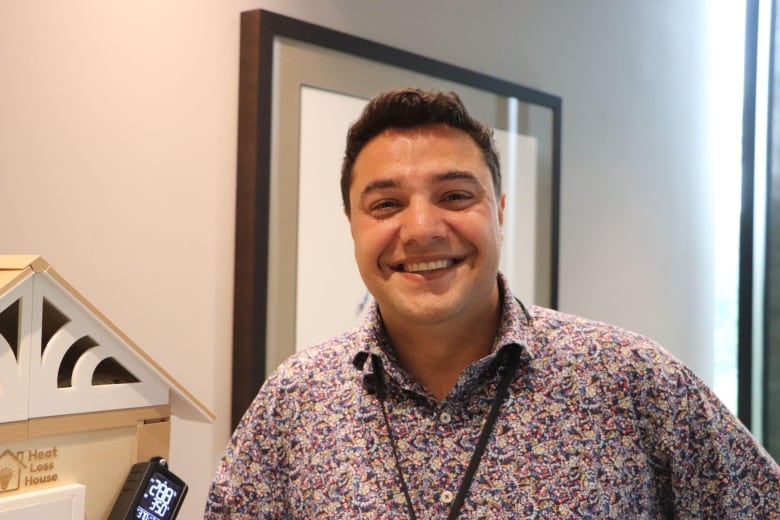
“Every community is different, whether they’re on the West Coast or in the Far North like Nunavut. Their challenges are very different. So having that local energy champion is absolutely necessary,” said Pepelea.
“Energy sovereignty, food sovereignty, living off the land and being self-sufficient is, from my view, really embedded in their culture.”
‘We want to do it better’
Tara Dantouze, from Manitoulin Island, Ont., says the Catalyst program has been “eye opening,” especially as someone who never imagined getting into a career in the renewable energy sector.
“It’s helped me understand a lot of the complex procedures and processes that occur over the life cycle of a project,” said Dantouze.
She says it will help inform a plan she’s spearheading: the introduction of a new hydroelectric energy project in Timiskaming First Nation, located on the western border of Quebec — where she has lived for the past 12 years.
“We have six hydro dams in our backyard that have really impacted the travel way of our fish population,” said Dantouze.
She said a lack of consultation over those projects has created a “stigma” around hydroelectricity.
Dantouze is planning a micro hydro turbine which will be owned completely by the First Nation and have lower impacts on the shoreline and aquatic habitat.
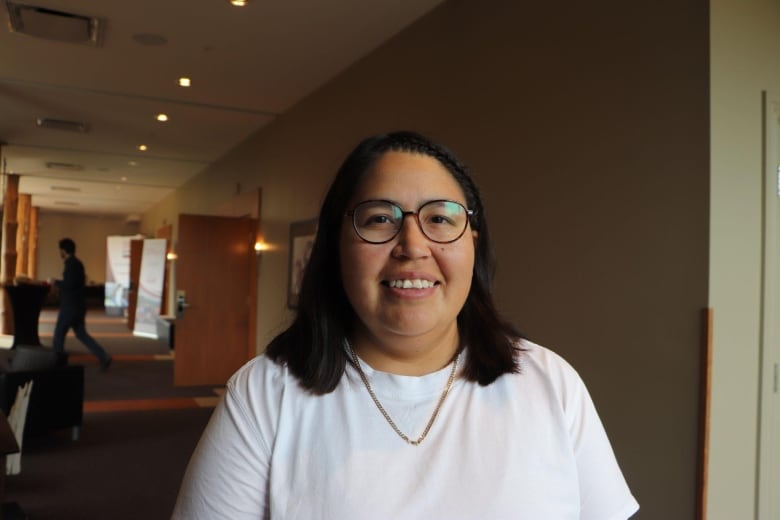
‘Our communities don’t deserve to be fossil fuel dependent’
Serena Mendizabal, from Six Nations of the Grand River in Ontario, says many Indigenous communities felt like their voices have not been valued in the development phase.
“They honestly felt like developers or external industries were coming into our community and profiting off our giant land base,” said Mendizabal. “It really made me think.”
Mendizabal grew up surrounded by hydroelectric dams, pipelines and nuclear power plants and says she still sees the scars of these industries.
“We can’t drink [from the river], we can’t really eat from it, we can’t swim in it, honestly going canoeing I have to plug my nose sometimes because it can be so toxic,” said Mendizabal.
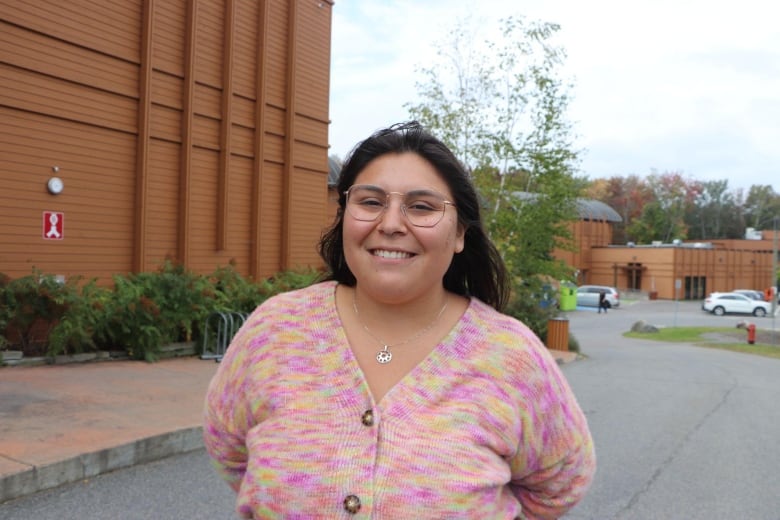
But Mendizabal saw she had the power to help change things.
Having participated in the Catalyst program in 2023, she returned this year as an “auntie,” or mentor.
“We can define what solutions are clean,” said Mendizabal. “Our communities don’t deserve to be fossil fuel dependent.”
Working with Sacred Earth Solar, she’s spearheading a number of clean energy projects — notably one which has provided solar power for the community’s longhouse.
“To be able to provide the sustainability through a low carbon technology.… It’s a full circle moment for me,” she said. “And it’s honestly one of the most amazing things in my lifetime so far.”